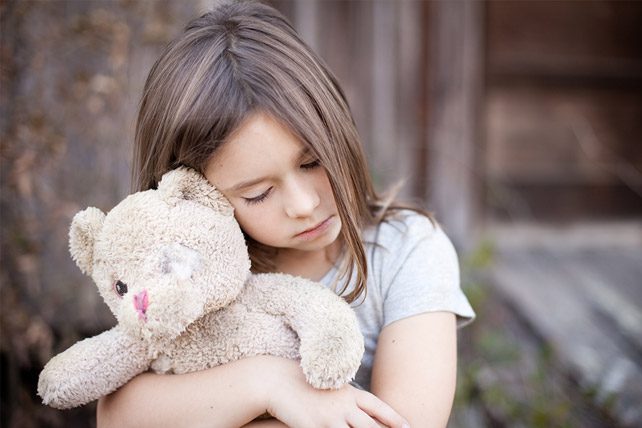The loving parents of seven children, Margret and her husband were among the 61% of Zambians living below the global extreme poverty line of $2.15 per day. The youngest of their children—a set of triplets—were severely malnourished and near death. Unable to produce enough breast milk and too poor to buy formula, Margret and her husband were faced with an agonizing choice: allow their children to die of starvation or turn them over to an orphanage.
We just finished celebrating National Foster Care Month in May, and while people all around
the country took time throughout the month to affirm the importance of a family setting for a child, there is already a growing movement of individuals and organizations that are dedicated year-round to ensuring children worldwide won’t have to know childhood outside of a loving family. They’re working to provide solutions for families like Margret’s.
Research has found that orphanages typically do considerable harm to a child’s physical, social, and emotional development. Some orphanages are corrupt, subjecting children to neglect, abuse, and exploitation. And even legitimate orphanages are simply unable to provide the essential ingredient for child development: the relational attention of a loving parent.
In response to these realities, a growing movement is seeking to replace orphanages with family-based care. Champions on the frontlines are reuniting children with their biological families or placing them in foster or adoptive families.
Unfortunately, despite good intentions, American Christians are one of the biggest obstacles to this movement. A recent Barna study estimates that individual U.S. Christians give $2.5 billion annually to support orphanages. This figure doesn’t even include the additional funds given by churches, foundations, and major donors. And it doesn’t include the massive amount of funds that Christians spend on short-term trips to visit orphanages.
Paradoxically, Christians’ efforts may actually be increasing the number of “orphans.” When an orphanage backed by U.S. donors promises good food, clean housing, and excellent education, it is understandably attractive to impoverished families. Although separation is painful, parents may believe that sending one or more children to an orphanage is a great opportunity to improve the entire family’s financial well-being. The situation is ripe for exploitation.
Indeed, as explained in the U.S. State Department’s Trafficking in Persons Report, orphanages are big business. Oftentimes, charlatans travel to poor rural villages and convince struggling parents to send children to orphanages. The orphanages then use these children to get donations from short-term visitors, sometimes keeping the children in poor health to gain more sympathy and elicit bigger donations. Furthermore, the report explains that even visits to legitimate orphanages can do significant harm, for the short-term nature of the “relationship” between the visitors and orphans can exacerbate the feelings of emotional abandonment experienced by children suffering from attachment issues.
The research is clear: orphanages should be the last resort for helping vulnerable children. Instead, address the root cause of the problem: poverty.
As described in the book When Helping Hurts, effective and sustainable poverty alleviation doesn’t start with bringing in lots of outside money. Rather, it begins with an asset-based approach—identifying local resources that can be used to solve local problems.
In this situation, an asset-based approach reveals that the most essential asset for child rearing is already present in most impoverished settings: families. It is estimated that 80 percent of children living in orphanages have at least one living, biological parent. In addition, networks of extended family members and friends are often willing to provide a loving and nurturing environment for vulnerable children.
Of course, simply placing vulnerable children in families is no panacea, as many families struggle to provide adequate physical, emotional, and spiritual care for children. In this light, the key to reducing the prevalence of orphans and vulnerable children is this: holistically strengthen families in impoverished settings. This is easier said than done, but it is possible.

